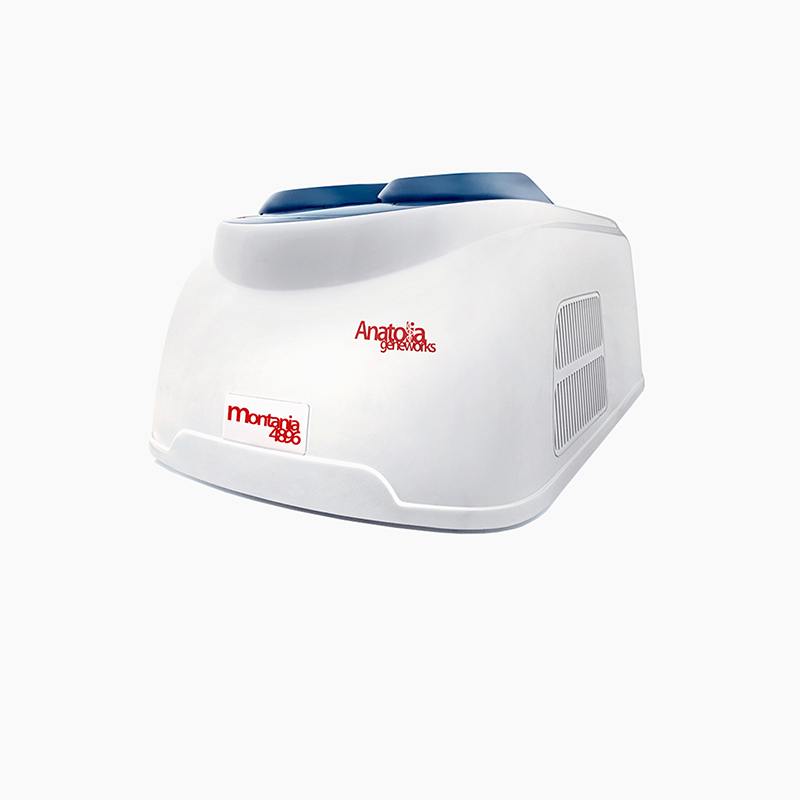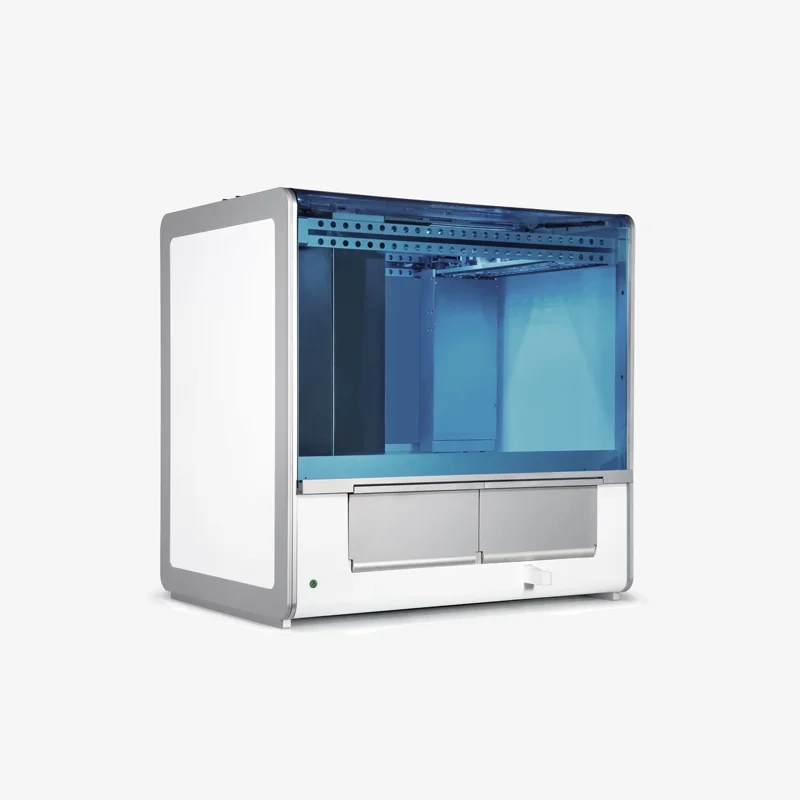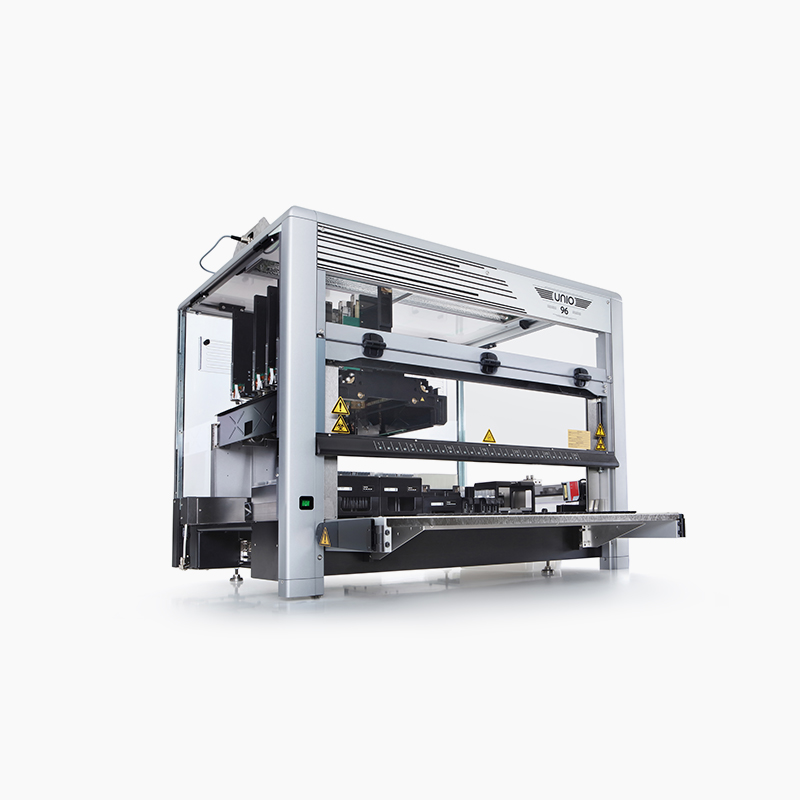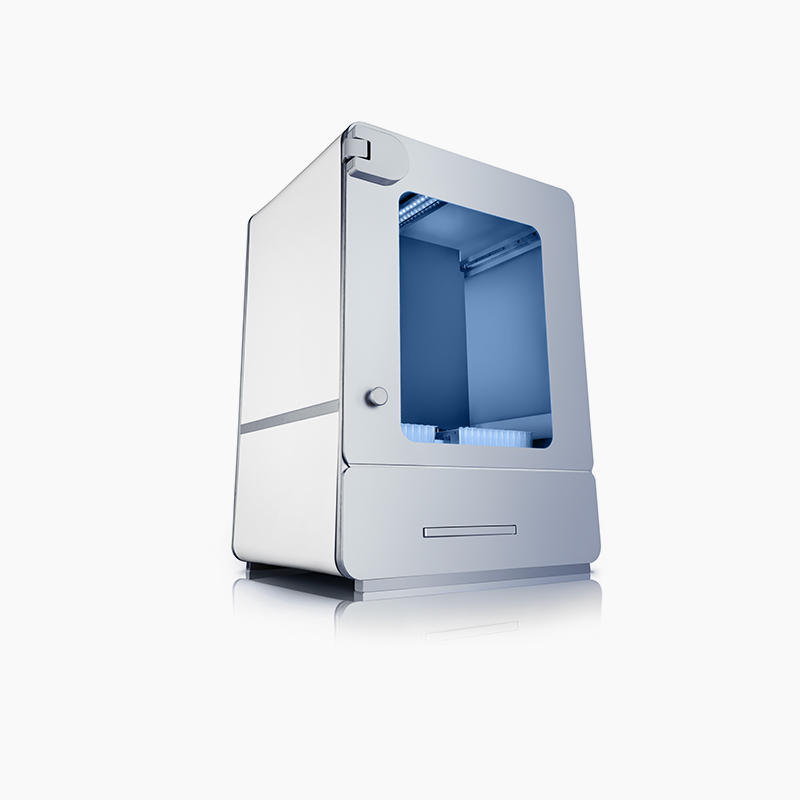Real-Time PCR Kits
Atypical CAP Panel
Community-acquired pneumonia (CAP) is one of the leading causes of morbidity and mortality worldwide. CAP refers to any of the pneumonia or various lung diseases that occur during daily life in the community, outside the health system, in other words, in a previously healthy person who was not hospitalized before the onset of the complaint. The main bacteria causing respiratory infections including CAP are Chlamydophila pneumoniae, Mycoplasma pneumoniae and Legionella pneumophila.
Pneumonia caused by Chlamydophila pneumoniae is a worldwide occurring health problem. C. pneumoniae may colonize in the patient’s nose, throat, windpipe and lungs. Bacteria is transmitted through hand contact, inhalation and environmental surfaces which are generated when infected person who sneeze, sick coughs in close contact with a healthy individual.
Legionella pneumophila is the causative agent of legionellosis, which refers to Legionnaires’ disease and Pontiac fever. Legionnaires’ disease is a bronchopneumonia with an attack rate of 2-7% and a 2-10 days long incubation period. M. pneumoniae infections with an incubation period of 2-3 weeks, occur worldwide without relation to season or geography and can cause epidemics every 4-8 years.
Features
Workflow

Technical Specifications
The channels and sample types indicated in this table may vary depending on the kits (singleplex/multiplex). Detailed information on the associated kits can be found below.
| Thermal Protocol | Single thermal protocol for all parameters |
| Sample Types | Respiratory swabs, sputum, and bronchoalveolar lavage (BAL) |
| Shelf Life | 18 Months |
| Channels | FAM, HEX, Texas RED, Cy5 |
| Shipping / Storage | (-90°C)-( -20°C) / -20°C |
Atypical CAP Panel Kits
![]()
Bosphore Atypical CAP Panel Kit is an in vitro diagnostic Real-Time Polymerase Chain Reaction kit intended for the qualitative detection of Chlamydophila pneumoniae also known as Chlamydia pneumoniae (C. pneumoniae), Legionella pneumophila/longbeachae (L. pneumophila/longbeachae), and Mycoplasma pneumoniae (M. pneumoniae) bacterial DNA extracted from respiratory swabs, sputum, and bronchoalveolar lavage (BAL) from individuals suspected of being infected with these bacteria by health authorities.
This kit detects these pathogens, namely C. pneumoniae, L. pneumophila/longbeachae, and M. pneumoniae, in a single tube. The conserved regions of the MOMP gene for C. pneumoniae, MIP gene for L. pneumophila/longbeachae, and Adhesin (P1 gene) for M. pneumoniae are used as target sites to discriminate pathogens specifically. Fluorescence detection is achieved using FAM, HEX, Texas RED, and Cy5 filters.
An internal control is included in the kit to control DNA extraction, PCR inhibition, and application mistakes. The internal control is a synthetic DNA molecule.
|
FAM |
HEX |
Texas RED |
Cy5 |
|
Chlamydia pneumoniae |
Internal Control |
Legionella pneumophila/longbeachae |
Mycoplasma pneumoniae |




